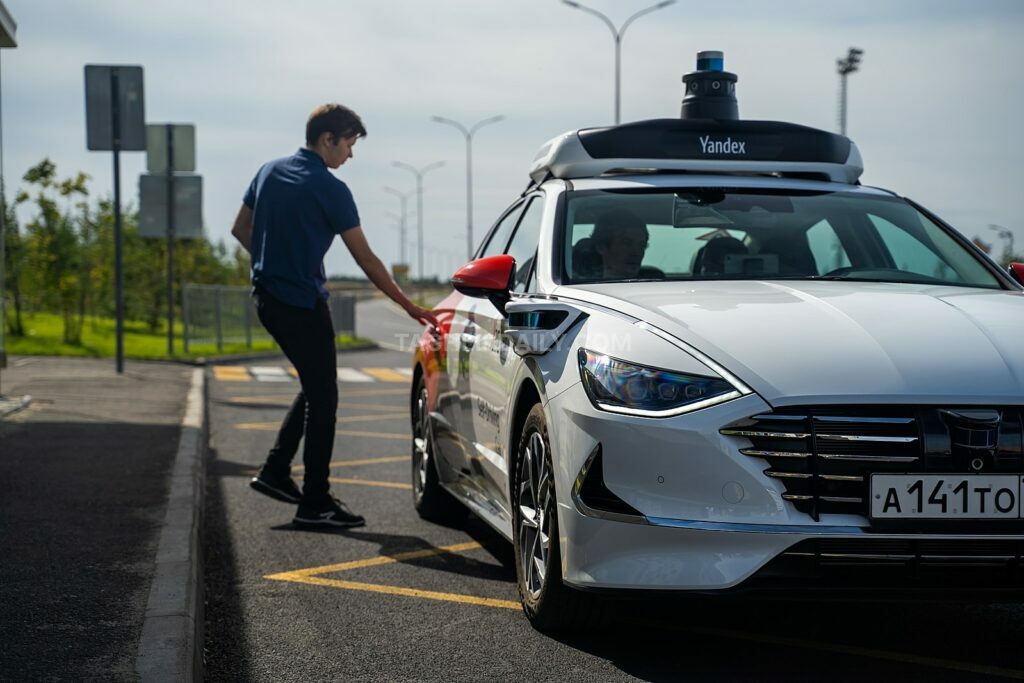Baidu’s autonomous ride-hailing unit, Apollo Go, is preparing for a major international expansion, with plans to launch operations in Europe later this year. According to a source with knowledge of the matter, the company will establish a presence in Switzerland and begin service in both that country and Turkey in the coming months. The move follows a series of recent steps by the Chinese tech giant to extend its driverless vehicle footprint beyond mainland China.
Apollo Go, which operates fully driverless taxis in multiple Chinese cities including a suburb of Beijing, is part of Baidu’s broader strategy to lead the global autonomous mobility sector. In Wuhan alone, more than 70% of Apollo Go rides were conducted without a human driver as of April, and the company expects that number to reach 100% in the near future. The ride-hailing fares are often subsidized to encourage adoption of the new technology.
Earlier this year, Baidu announced intentions to expand its robotaxi operations to Dubai and Abu Dhabi. The company also confirmed it is conducting testing in Hong Kong as part of its push to scale its autonomous services across Asia and the Middle East. While Baidu has not issued an official statement on the European rollout, it has taken deliberate steps to position Apollo Go as a leader in the global robotaxi race.
China’s regulatory approach to autonomous vehicles has enabled Baidu to make steady progress. Local authorities typically permit full autonomy after extensive testing phases that include both supervised and unsupervised trial runs. This structured approval process has allowed Apollo Go to refine its systems before venturing into new international markets.
The robotaxi sector is becoming increasingly competitive. Pony.AI, a rival Chinese company, recently partnered with Uber to bring its autonomous vehicles to the ride-hailing platform, with plans for entry into the Middle East as well. Baidu’s expansion into Europe and the Gulf region underscores the intensifying race to commercialize driverless technology across multiple continents.












